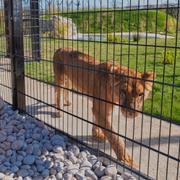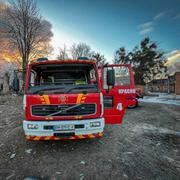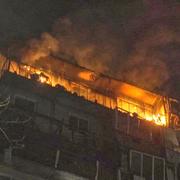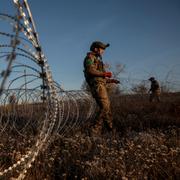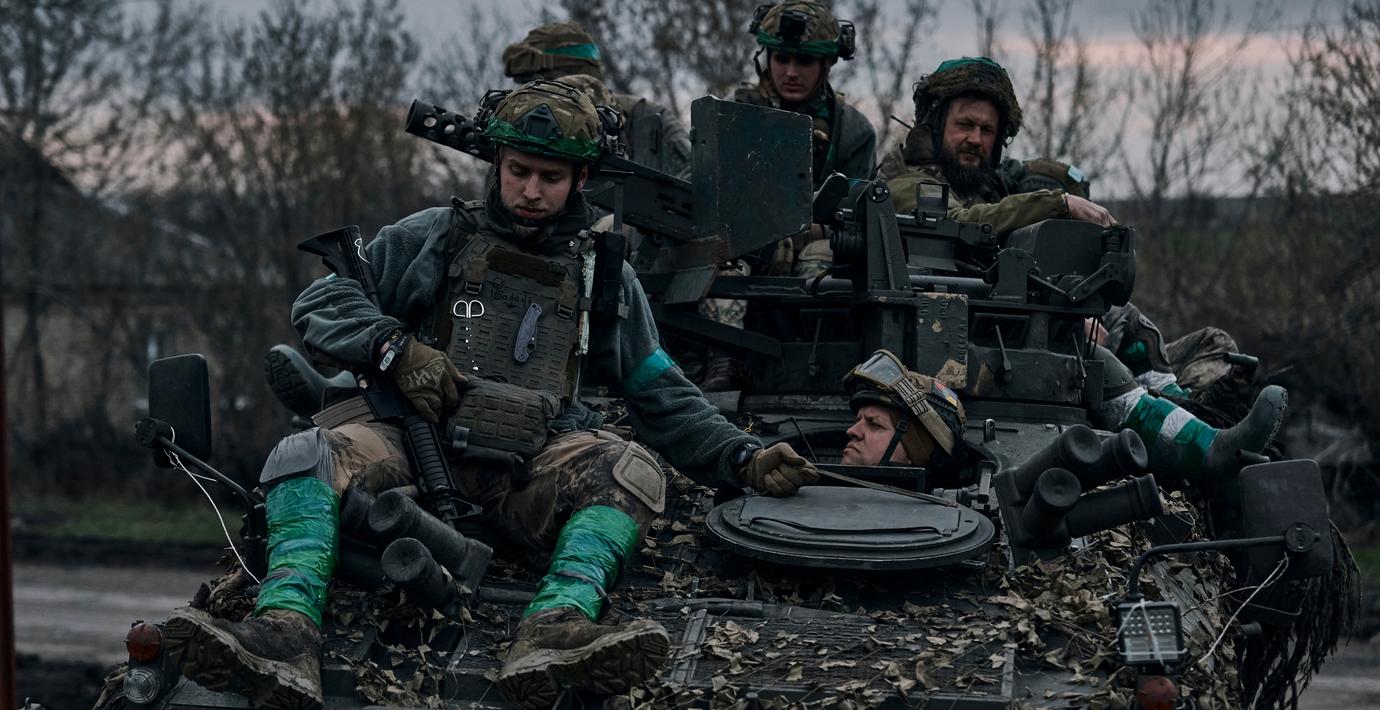
Rapport: ”Trauma” från Krym stärkte motståndskraften
När Ryssland 2014 invaderade och sedan annekterade Krymhalvön hade Ukraina problem att försvara sig. Detta ”trauma” ledde till att landet stärkte sin motståndskraft vilket är en av anledningarna till det starka försvar man visar upp i dag. Det menar Jakob Hedenskog i en rapport för Utrikespolitiska institutets Centrum för Östeuropastudier, skriver DN.
– Ukraina förde samman alla de väpnade styrkorna under ett befäl, som lyder direkt under presidenten. Det har skapat en mycket större effektivitet, säger han.
Som andra förändringar som lett till den ökade motståndskraften lyfts också ett stärkt cyberförsvar, ett starkare civilsamhälle och att Ryssland fått en svagare ställning bland befolkningen.
bakgrund
Rysslands annektering av Krym
Wikipedia (en)
In February and March 2014, Russia invaded and subsequently annexed the Crimean Peninsula, taking it from Ukraine. This event took place in the aftermath of the Revolution of Dignity and is part of the wider Russo-Ukrainian War.
The events in Kyiv that ousted Ukrainian president Viktor Yanukovych on 22 February 2014 sparked pro-Russian demonstrations as of 23 February against the incoming new Ukrainian government. At the same time Russian president Vladimir Putin discussed Ukrainian events with security service chiefs remarking that "we must start working on returning Crimea to Russia". On 27 February, Russian troops captured strategic sites across Crimea, followed by the installation of the pro-Russian Aksyonov government in Crimea, the Crimean status referendum, and the declaration of Crimea's independence on 16 March 2014. Although Russia initially claimed their military was not involved in the events, Putin later admitted that troops were deployed to "stand behind Crimea's self-defence forces". Russia formally incorporated Crimea on 18 March 2014.Following the annexation, Russia escalated its military presence on the peninsula and made threats to solidify the new status quo on the ground.Ukraine and many other countries condemned the annexation and consider it to be a violation of international law and Russian agreements safeguarding the territorial integrity of Ukraine. The annexation led to the other members of the then-G8 suspending Russia from the group and introducing sanctions. The United Nations General Assembly also rejected the referendum and annexation, adopting a resolution affirming the "territorial integrity of Ukraine within its internationally recognised borders", and referring to the Russian action as a "temporary occupation".The Russian government opposes the "annexation" label, with Putin defending the referendum as complying with the principle of the self-determination of peoples.
Omni är politiskt obundna och oberoende. Vi strävar efter att ge fler perspektiv på nyheterna. Har du frågor eller synpunkter kring vår rapportering? Kontakta redaktionen
